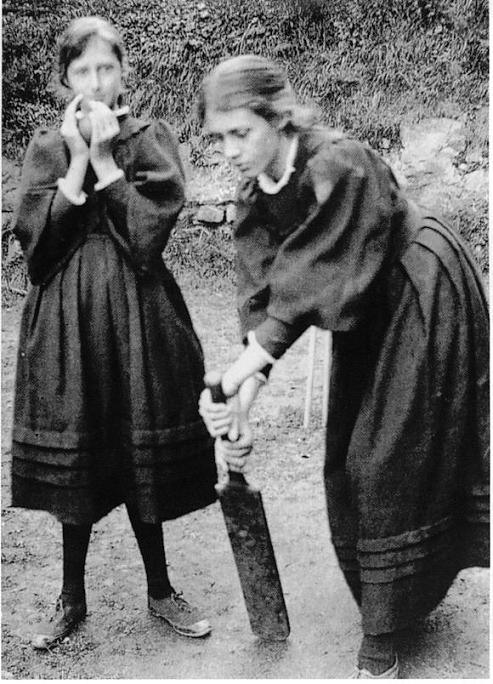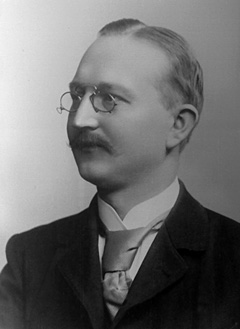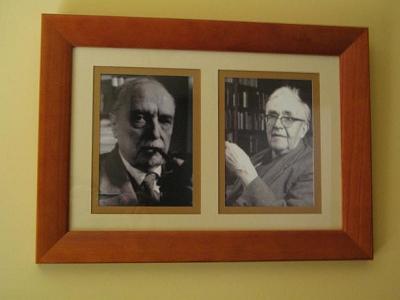 The second question my friend asked me about grace was:
The second question my friend asked me about grace was:
Is it excessive to suggest that all need grace? After all, some people seem to be genuinely nice.
Some people are genuinely nice and moral. Often, though not always, they have had the benefit of being raised in homes which practice civility, courtesy and consideration. Sometimes, though, they have learned these things through their own dedication to a better way of living than they experienced at home. Sometimes they have learned this way of life from bitter experience of the opposite. Sometimes they are nice because they have found that it works for them, and so they have adopted being nice as their manner of living and life philosophy.
Do such people really need grace, especially when they already seem so gracious or grace-full? If what we have said in the previous question is actually true, then yes, even nice people need grace. The idea that some of us are so inherently good and kind and nice that we do not require grace comes from an overly optimistic self-assessment, and an under-appreciation of the impact, penetration and depth of sin in our own lives.
Too many times we measure ourselves against others who we consider to be real sinners, bad people whose abhorrent behaviour is so evident and obvious, we can only be glad that we are not like them! This kind of attitude goes hand-in-hand with the notion of identifying sin with specific external acts, so that as long as we are not guilty of those particular acts, we are not really sinners.
The reality, however, is not so pretty. Sin, in its biblical portrayal, is not simply external, nor simply our actions, nor simply that which characterises other people. Its roots and manifestations are far deeper, more pervasive and universal than we care to believe. At root, sin is our determination to live independently of God, to live in accordance with our own desire, to establish our own worth and goodness, and to justify ourselves in the face of all contrary claim or allegation.
Even the most religious, most moral and most altruistic person can be deeply sinful and in need of a relationship restored to God. We now know that some people wear their religion as a cloak of respectability covering a cesspool of the most wicked intentions and behaviour. Even the genuinely altruistic person can still harbour a desire for recognition or acknowledgement, or an attitude of condescension towards those who choose a different path of life.
Jesus Christ is the measure of true humanity in the image of God (see Genesis 1:26-27; Colossians 1:15). If instead of comparing ourselves with others, we would compare ourselves with Jesus Christ, with the standard of love and holiness displayed in his life, we would very soon become dismayed at the superficial nature of our own love, and the evident distortion of humanity in our own lives.
When we ponder our own hearts we very quickly discover a quagmire of the most unlovely and disreputable feelings, motivations, intentions, commitments and attitudes. Many centuries ago the word of the Lord came to a Hebrew prophet saying,
The heart is deceitful above all things, and desperately wicked; who can know it? I, the Lord, search the heart and I test the mind, to give to every person according to their ways, and according to the fruit of their doings (Jeremiah 17:9-10).
When Jeremiah heard this he cried out, ‘Heal me, O Lord, and I shall be healed; Save me, and I shall be saved!’ (v. 14). In our heart of hearts we are aware that we do not even live up to our own standards let alone those of others and most especially, those which God requires. We are quick to excuse ourselves our misdemeanours, while holding others accountable for theirs. We shake our heads in disgust at others’ behaviour while justifying our own. We are wont to judge others harshly and ourselves lightly.
All these are indicators of the penetration, presence and power of sin in our lives, sin which alienates us from God and renders us culpable before the blinding, blazing light of his holiness. How desperately we need grace! How desperately we are dependent upon grace rather than justice. If God were to deal with us in bare justice we would have nowhere to stand and nowhere to hide. But God turns toward us in utter condescension, giving himself to us, making peace through the blood of the cross of Christ (Colossians 1:20), and calling us into fellowship with himself; and all this in spite of our sin and our inherent opposition to his sovereignty and love. This, indeed, is grace.



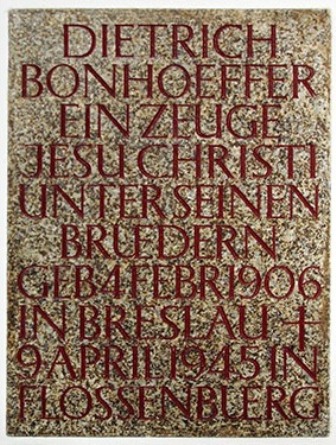
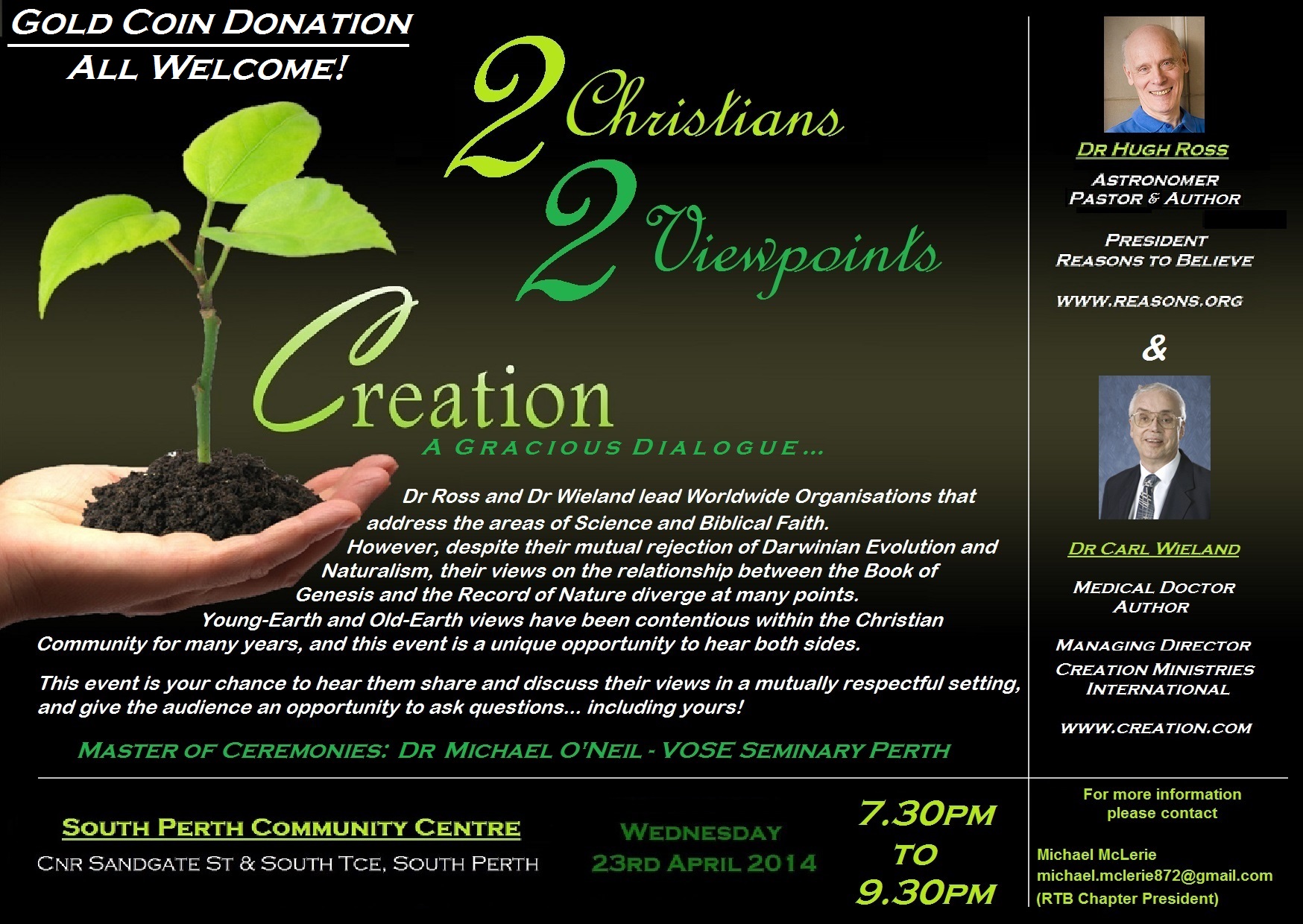
 Alex Jensen from Murdoch University was one of my supervisors for my doctoral studies and I owe him a great debt of gratitude for his friendship, support and expertise. I am pleased, therefore, to bring his new book to your attention: Divine Providence and Human Agency: Trinity, Creation and Freedom published by
Alex Jensen from Murdoch University was one of my supervisors for my doctoral studies and I owe him a great debt of gratitude for his friendship, support and expertise. I am pleased, therefore, to bring his new book to your attention: Divine Providence and Human Agency: Trinity, Creation and Freedom published by 
